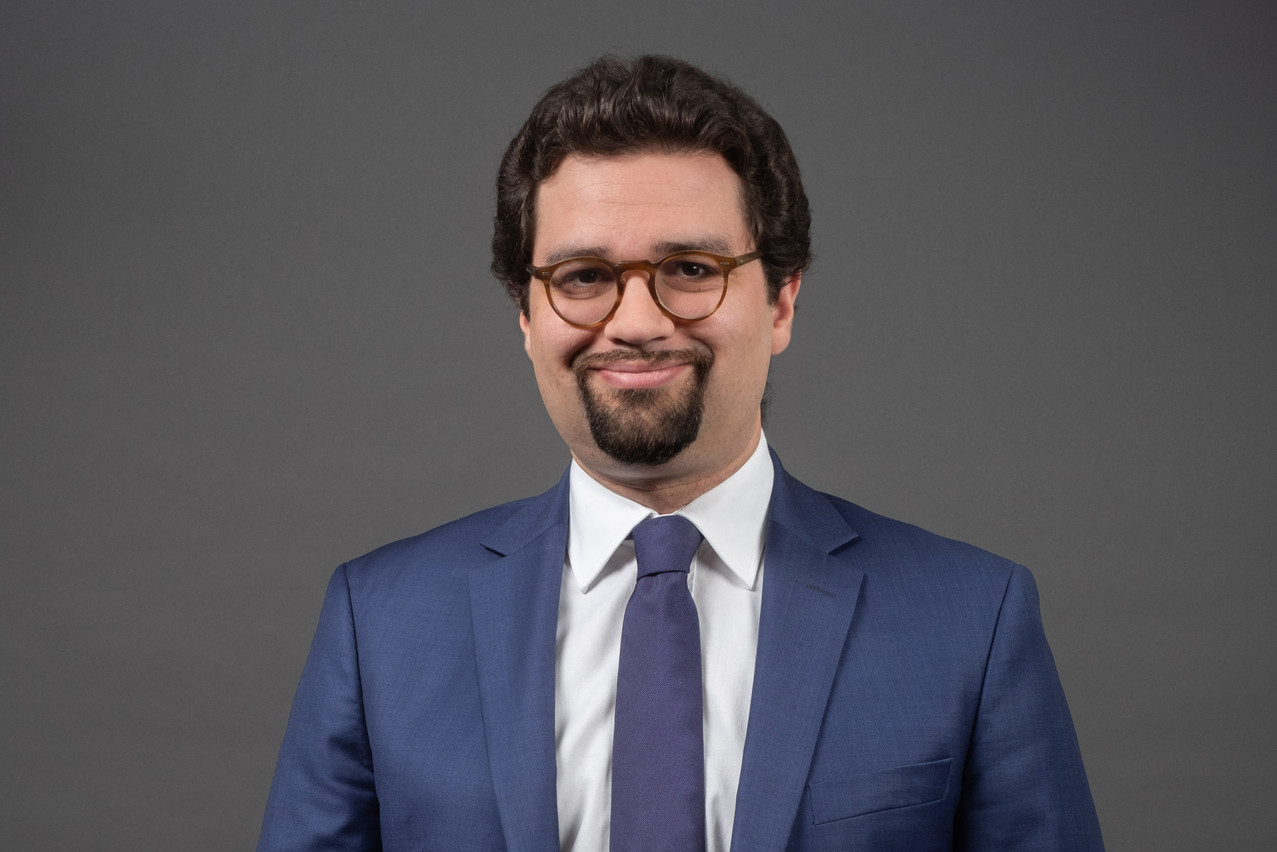After first floating the idea to legalise recreational cannabis in 2018, Consumption remains prohibited in public. In their coalition agreement established in 2018, the DP, déi Gréng and LSAP had also mentioned the sale of cannabis. “We want to continue working on the subject of production and sale. That said, given the timeframe, I don't think it's realistic to say that production will be ready for this term,” said Justice Minister (déi Gréng).
From one bill to the next, Luxembourg is moving away from the prohibition of marijuana. , a lawyer at DLA Piper provides an assessment on the effects of the legalisation of cannabis.
Your firm has conducted a study on cannabis investments on European level. What portion of the overall financing does Luxembourg represent?
David Alexandre: I don't have precise figures, but it's very little. The same goes for the European Union (EU). The most important figures are in the UK, because they have laws allowing cannabis-related companies to go public.
Lately, we have had about 40 enquiries from clients who are interested in Luxembourg because they have heard about the upcoming legislative developments. They think that there will be a big development. But at the moment, in fact, there is nothing.
What can the cannabis law change?
The government has said that it is going to do it in stages. Initially this will concern personal consumption, not large-scale production or sale, so it won't impact our customers.
If the sale was restricted to residents, there would be limited interest from large international clients.
What if the sale becomes legal tomorrow?
The day there is a massive overhaul of the 1973 Drug Use Act, it could have an impact for our clients. They might be interested in producing cannabis and selling it in Luxembourg. But Luxembourg does not represent a large number of people. We will have to see who they can sell to, which is not defined at the moment. If the sale was limited to residents, as has been mentioned, the interest for large international customers would be limited.
Is it legally possible to restrict the sale of cannabis to residents?
This is a question I don't have an answer to, a debate will take place. If there were such a limitation, the criteria for its application would have to be clearly defined in the law. Would we be allowed to ask for an identity card or a residence certificate? This is a situation that requires a legal examination. This is for me one of the reasons why the government is proceeding in stages.
Why not allow the sale in Luxembourg like in Amsterdam, with a ban on leaving the country with cannabis?
In terms of reputation, I am not convinced that Luxembourg wants to give itself this image. The objective of this legislation is to better control the quality of the cannabis consumed, not to encourage consumption.
Let's imagine that selling becomes possible. What could the cannabis market in Luxembourg represent for investors?
It is too early to say. If it had the right to mass-produce recreational cannabis, it would be the first country in the EU to do so, and it would have a lead on the market. One could also imagine cannabis-related investment funds. This would only add another string to the bow of Luxembourg funds. But again, I am not convinced that many would jump on it because there would be a real risk in terms of reputation. Cannabis is still regarded a certain way by many investors and banks.
This story was first published in French on . It has been translated and edited for Delano.

